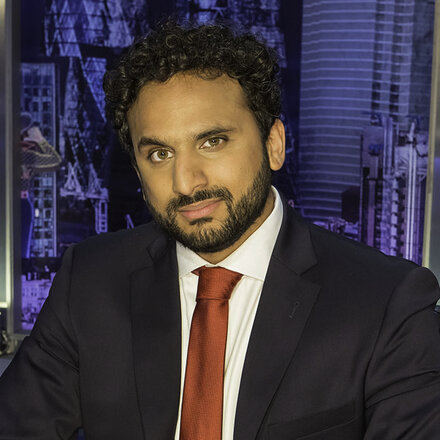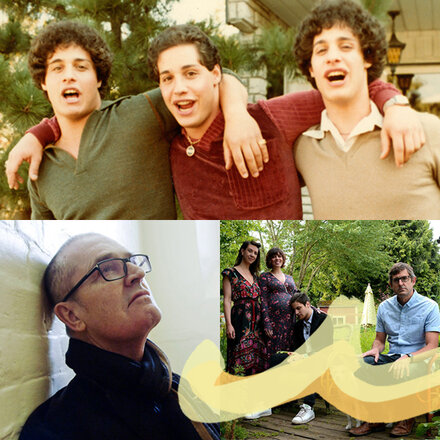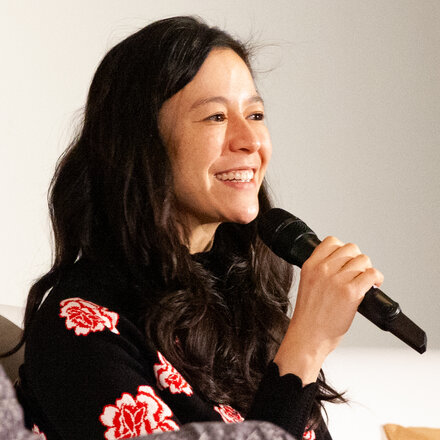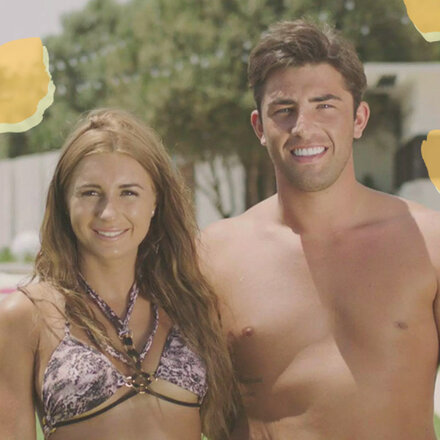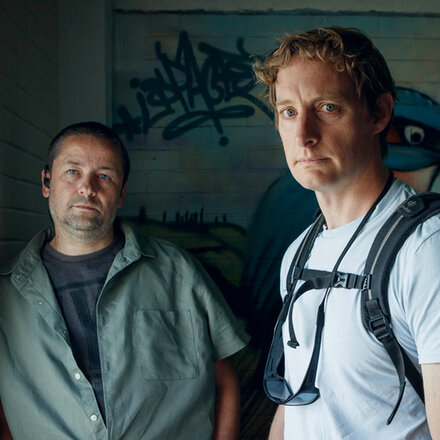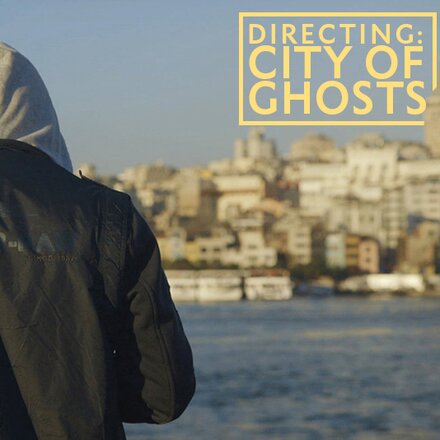
Bart Layton: Q&A
Bart Layton, director of The Imposter, tells us about the importance of getting your foot in the door and why buttering-up will only get you so far.
Published 7 February 2013.
What first inspired you to get into your craft?
Being fascinated by both movies and people, documentary seemed like a way to combine these interests. This turned out to be right. If you're a nosy person, documentary filmmaking is just about the best job out there; your work will take you to peculiar places and introduce you to people with extraordinary stories that normal life would never have brought you into contact with.
How did you first break into the industry?
When I finished up at Uni I wrote to almost every company in the UK with the word ‘films’ in the title. The one that finally offered me a job as unpaid skivvy shall remain nameless - they did have the word ‘films’ in the title, but they didn't make films - only very bad television… That was the very beginning and it took a while to get back on course to make "serious" documentaries, and then finally features, which was always the plan. I worked up a lot of my own ideas and used those to get in the door at both production companies and broadcasters. Once those ideas were commissioned, I made it a part of the deal that I would be employed to produce or direct them and it went from there. I would say 95% of the things I have worked on were projects that I devised, so it really pays to spend time writing or devising and working up your ideas. Use them as leverage to get experience.
Which professional figure in your field do you find the most inspiring?
I think without filmmakers like Errol Morris, the feature documentary landscape would look very different; perhaps films like The Imposter or Touching the Void would never have been made at all, and the idea of documentary as thriller or feature film would still be a way off. Also directors like Haneke, Paul Thomas Anderson and Andrew Dominik are inspiring.
If you hadn't managed to break into your field, what was your plan B?
Plan B was to become a painter, but having grown up with two fairly skint artists for parents (a painter-turned-theatre director and a sculptor), I think I wanted to find something creative that might pay a little better.
“It really pays to spend time writing or devising and working up your ideas. Use them as leverage to get experience. ”
Which film do you wish you could have worked on?
Too many! Searching for the Wrong-Eyed Jesus, Chopper, The Sting, Caché, Goodfellas.....
What single piece of advice would you give to a young person trying to break into your discipline and get noticed?
To him that knocketh, it shall be opened. Come up with a load of ideas which you really believe in or stories you feel you simply have to tell, work them up and go knocking on the doors of all the companies whose work you most admire. And don't take no for an answer. Failing that, pick one story and start making it - you may be surprised how things can fall magically into place (if you really do believe in it).
How important is networking? Is raw talent enough?
You can't network if you don't know anyone to network with. It’s more about getting through the door and someone buying into you and your talent. I believe talent will out, it’s just about getting people to see that. If you go all out to butter-up the PAs of the producers or directors you want to meet with, they will get you a meeting. Then it’s up to you to blow them away.
How do you think the UK film industry will change in the next few years?
It seems healthy and getting healthier and it's a place where risks are taken and talent is supported - way more so than Hollywood, it seems to me. So I don't know, but I feel positive about it.
Bart Layton won in the Outstanding Debut category alongside producer Dimitri Doganis for their documentary, The Imposter.

